As we get older, do we want to only remember the good times (and gains)?
This article was originally published in Psychology Today on Dr. Alan Castel’s blog, Metacognition and the Mind
As we age, our priorities shift, and we tend to remember the good ole days. Recent research suggests this “positivity bias”, which involves focusing on positive emotional information, and less so on the negative [1], may serve an important purpose: keeping older adults happier in old age. In fact, recent work [2] has shown that this positivity bias can even be correlated with immune system function, such that older adults who tend to recall happier information, relative to recalling sad events, showed better immune system function both one year and five years later. Older adults may also interpret ambiguous future events as more positive, giving people more benefit of the doubt [3]. For example, if someone has yet to call you on your birthday, it is because they were busy, not because they don’t love you. Thus, a positive outlook may benefit health (or vice versa). Either way, being happier in old age has its clear advantages, and is contrary to what many people perceive as older adults being grumpy people.
Does this positivity bias for emotional information extend to other situations that involve reward versus loss? A recent study [4] asked younger (college-age) and older (mostly retired and healthy) adults to remember faces that were paired with either money that the person owed you (e.g., Simon owes you $100) and faces that you owed money to (e.g., You owe Daniel $100). The amounts of money ranged from $1 to $100. There were many faces , thereby making it challenging to remember all of the pairings. Later, people were shown the faces and had to recall the amount of money that was paired with that particular face, and if you owed them, or if they owed you the money. While both groups remembered the high gains and high losses (e.g., people were more likely to remember the $100 compared to the $10), it was the older adults who tended not to remember the losses as much as the gains, while the young remembered both. Thus, the older adults were more likely to remember that Simon owed them $100, but seem to (conveniently?!) forget that they owed Daniel $50. Interestingly, older adults will generally remember that they owe Daniel money, but won’t recall the exact amount; however, they are better at recalling the exact amount of money that Simon owes, representing a financial positivity bias—one that might make you richer, if not happier.
Remembering financial information in this sort of context can be important for future behavior and planning. For example, someone might be very motivated to remember that she lent someone $10,000 so as to collect that money later, or someone may be very aware of an outstanding credit card bill that needs to be paid in the near future. The study simply examined memory for gains and losses, not how much people cared about outcomes, or how people pursue gains without contemplating losses (a more concerning form of risk). People are often risk-averse, and want to avoid situations that could lead to loss. This may be especially so for older adults who are on a fixed income, and a common stereotype is that older adults are more conservative about financial decisions. But some work also suggests older adults will engage in adaptive risk seeking behavior in order to realize potential gains and rewards, and will seek out risk for reward [5]. In addition, compared to younger adults, older adults prefer certain and clearly stated gains as opposed to a set of possible gains. Interestingly, when offered the chance to take a small sure loss rather than risking a larger loss, older adults exhibited more risk seeking in the domain of losses than younger adults. Thus, as evidenced by their greater preference for sure gains and greater avoidance of sure losses suggest that older adults weigh certainty more heavily than younger adults [6]. In general, it appears that both younger and older adults will often seek out some degree of risk in order to realize potential gain and minimize loss. So in terms of memory for gains and losses, both younger and older adults may in fact be diligent about paying debts, but also see the reward of focusing on collecting potential gains, and it likely depends on the context or the goals of the individual. Thus, whether there are systematic and consistent age-related differences in risky decision making is complex and depends on the scenario [7]. However, memory for financial information, and any biases that may exist, is particularly important for long-term planning, retirement, and investing in a balanced portfolio. Thus, there might be a financial price of forgetting the bad times, as suggested by an article in the Wall Street Journal.
In a world where we are overwhelmed with information, we may need to be selective about what we try to remember. This may especially be the case for older adults, who often experience declines in memory. However, the awareness of memory declines may in fact make you more selective about what you try to remember, something that involves awareness of memory (something known as “metamemory” ability, something that may be enhanced in old age possibly due to the awareness of more frequent memory challenges [8]). Also, one could argue that if someone owes you money, the onus is on you to remember, whereas if you owe someone else money, they will surely collect when the time comes (e.g., send another bill or reminder). I also know people, both young and older, who will pay a bill as soon as it arrives, so they don’t forget about it. But if you can’t remember everything, perhaps it is best to focus on the positives, the gains, the good times, and know that bad times or debt will surely turn if given enough time (and money!). Older adults might also understand there is more to life than just money.
While younger adults may be good at remembering both gains and losses for particular episodes, this may only apply when you have some stakes in the game. Perhaps a 20 year old college student won’t remember (or care about) the housing bubble/crash in 2007, while a 40 year old home buyer/home owner will never forget it, and even be somewhat cautious in any future real estate market. Some people may never forget, and never stop talking about how their mortgage interest rate was 15% in the 1980s, and how shocked they are today with the current low rates. However, older adults have lived (both lost and prospered) through many boom and bust eras. Older adults may then have a broader perspective, having seen many erratic market crashes and seemingly unpredictable eras of boom. Thus, while it is good to remember the bad times, and invest cautiously, one needs to consider both the ups and downs, and perhaps a positive approach could lead to a profitable strategy (if the timing works out right, and especially if you are in it for the long-haul). Old age may also come with a conservative mindset, as my grandparents always said, money doesn’t grow on trees (needless to say, they never lived in Silicon Valley in the mid 1990s).
References
- Mather, M., & Carstensen, L. L. (2005). Aging and motivated cognition: The positivity effect in attention and memory. Trends in Cognitive Sciences,9, 496-502.
- Kalokerinos, E. K., von Hippel, W., Henry, J. D., & Trivers, R. (2014). The aging positivity effect and immune function: Positivity in recall predicts higher CD4 counts and lower CD4 activation. Psychology and Aging, 29, 636-641.
- Mikels, J. A., & Shuster, M. M. (2015). The interpretative lenses of older adults are not rose-colored—just less dark: Aging and the interpretation of ambiguous scenarios. Emotion, doi:10.1037/emo0000104
- Castel, A. D., Friedman, M. F., McGillivray, S., Flores, C. C., Murayama, K., Kerr, T., & Drolet, A. (2016). I owe you: Age-related similarities and differences in associative memory for gains and losses. Aging, Neuropsychology, and Cognition, 23, 549-565. http://dx.doi.org/10.1080/13825585.2015.1130214
- Wood, S., Busemeyer, J., Koling, A., Cox, C. R., & Davis, H. (2005). Older adults as adaptive decision makers: Evidence from the Iowa Gambling Task. Psychology and Aging, 20, 220-225.
- Mata, R., Josef, A. K., Samanez‐Larkin, G. R., & Hertwig, R. (2011). Age differences in risky choice: A meta‐analysis. Annals of the New York Academy of Sciences, 1235, 18-29.
- Mather, M., Mazar, N., Gorlick, M. A., Lighthall, N. R., Burgeno, J., Schoeke, A., & Ariely, D. (2012). Risk preferences and aging: The “certainty effect” in older adults’ decision making. Psychology and Aging, 27, 801-816.
- Castel, A. D., Middlebrooks, C. D., & McGillivray, S. (2015). Monitoring memory in old age: Impaired, spared, and aware. In J. Dunlosky & S. Tauber (Eds.), The Oxford Handbook of Metamemory. Oxford University Press.


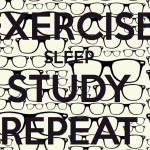








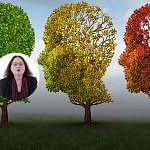

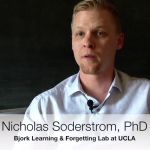




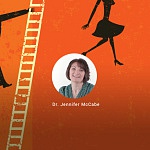
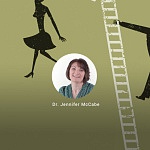


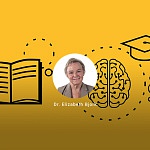





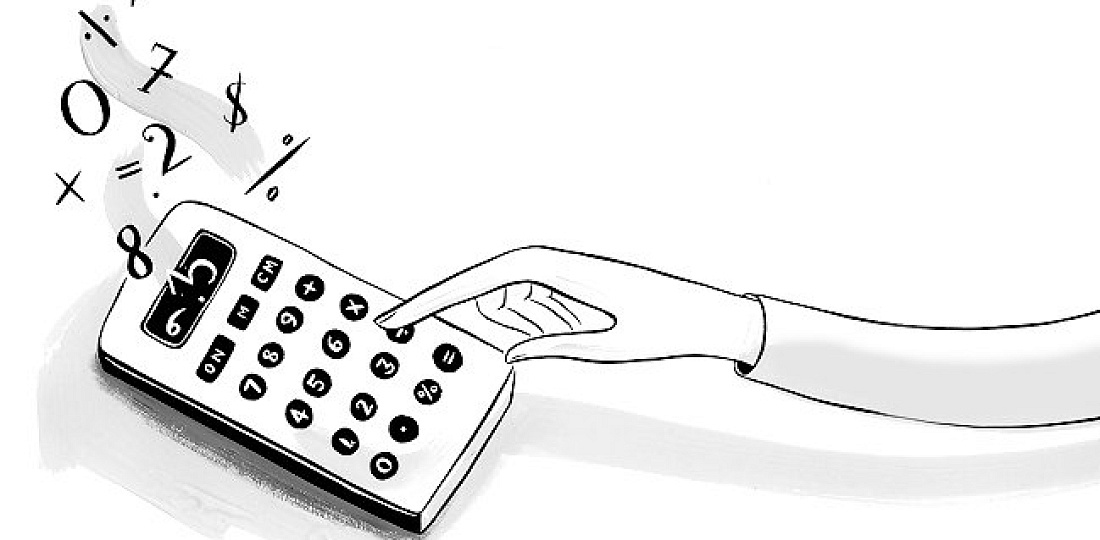
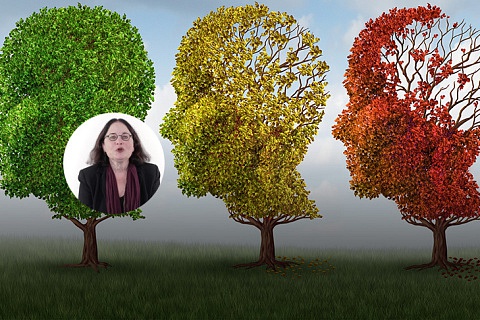
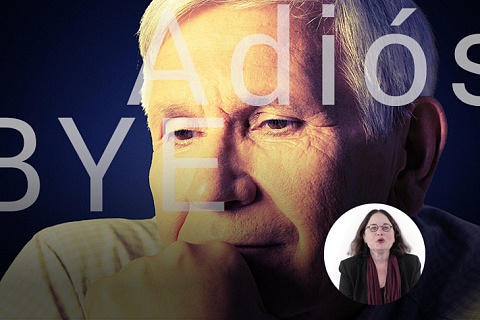

Leave a Reply
You must be logged in to post a comment.